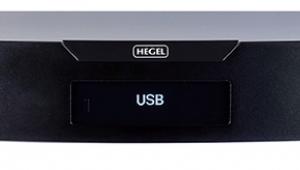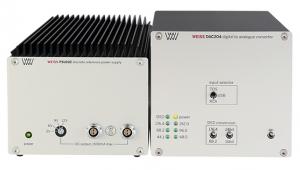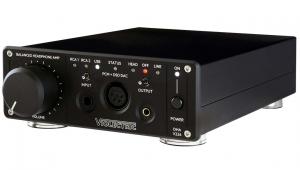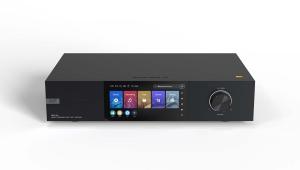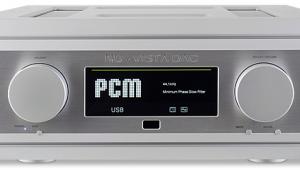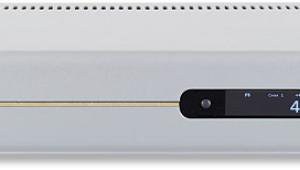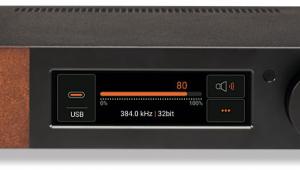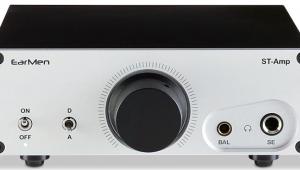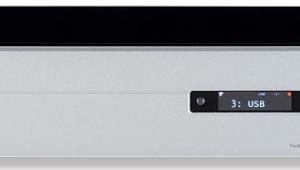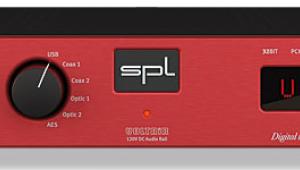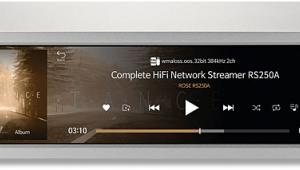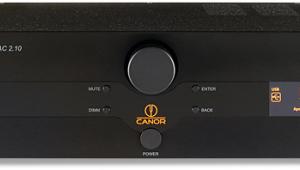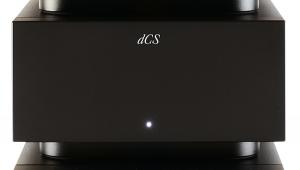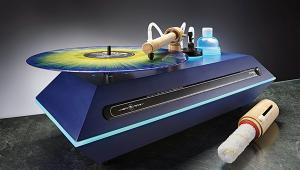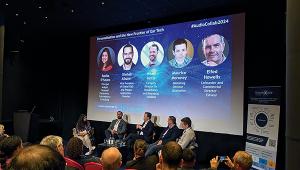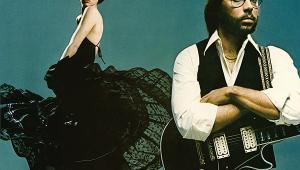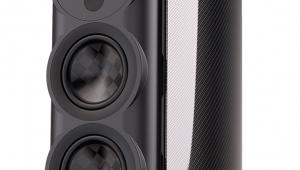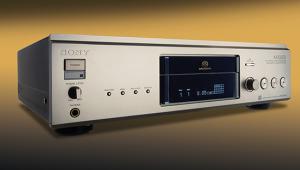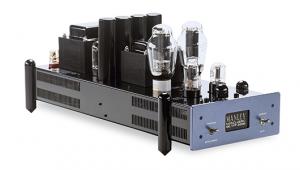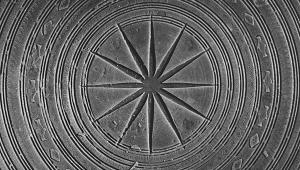dCS Vivaldi APEX Outboard DAC Page 2
Thus even with the live McCoy Tyner/Freddie Hubbard set from back in 1986 at Fabrik, Hamburg [Jazzline D7710], there was a fine sense of presence from what has no pretensions to being an audiophile recording. Rather, this extended document of 'Round Midnight' had a sultry warmth to it, and wonderful dynamics both in the solo instrument and the backing musicians. There were glorious timbres on offer too, notably in Hubbard's trumpet and the superb Avery Sharpe bass solo, not to mention Tyner's exuberant piano. It drew me in, and held my attention so that the music seemed to pass all too quickly.
A Date With The Dame
On a different scale, Mitsuko Uchida's wonderful reading of Beethoven's Diabelli Variations [Decca 4852731; 192kHz/24-bit] – where the pianist gives a simply dazzling display of virtuosity and illuminates these challenging, yet sublime, little pieces as they combine into a fabulous whole – showed the Vivaldi APEX DAC at its best. Yes, it did the technical stuff supremely well, placing the piano on the stage in the Snape Maltings acoustic. But more to the point, the DAC's performance proved utterly captivating as Dame Mitsuko made relatively light work of what's often described as 'the Everest of piano', playing through the 33 variations with superb assurance and scintillating expression.
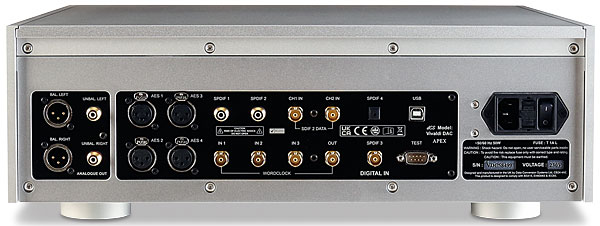
Things got a little grubbier with the edgy funk of The Rolling Stones' 'Fingerprint File', the closing track of It's Only Rock 'N Roll [Rolling Stones Records UIGY-9069; DSD64]. Here the Vivaldi APEX DAC did all the promised discrimination of massed instruments in the loping shuffle, from Jagger's mannered vocal to the chugging backing driven by Bill Wyman's bass and Charlie Watts' crisp percussion. But, above all, it made the track a blast to listen to, thanks to its tight control of rhythms and the way little details such as the smallest keyboard figures were illuminated.
Blazing A Trail
dCS makes great claims for the ability of the new APEX implementation when it comes to the opening up of works involving swathes of instruments. And the revamped Vivaldi DAC lives up to this promise with the growing complexities of everything from Britten's 'Young Person's Guide To The Orchestra', this time from the composer's own 1963 recording with the London Symphony Orchestra [Decca 417 509-2], to John Williams' 'all guns blazing' march from Steven Spielberg's film 1941, performed by the Dallas Winds under Jerry Junkin [At The Movies, Reference Recordings RR-142; DSD64].
Both revealed an ability to resolve the finest detail while conveying all the character of instruments. This from the crisp rhythms and sweeping strings of the LSO under Britten's baton – beautifully measured, as you might expect, if not as bombastic as some more recent versions – in Kingsway Hall almost six decades ago. I also heard the same in the growing power of the Dallas ensemble as it developed from a simple woodwind tune to full-on brass and drums thunder in the Williams piece.
The Vivaldi APEX DAC delivered a lovely swing in Britten's dancing tunes for the various sections of the orchestra, a delicious blare to the brass, real snap to the tuned percussion and serious impact from the big drums, while with Williams' composition it was simply hilarious 'shall we turn it up a bit more?' fun – just as it should be. And that sense of enjoyment extends even to playback of decidedly scruffy recordings. There's never any sense that the oh-so-refined dCS electronics is turning its nose up at what it's being asked to handle.
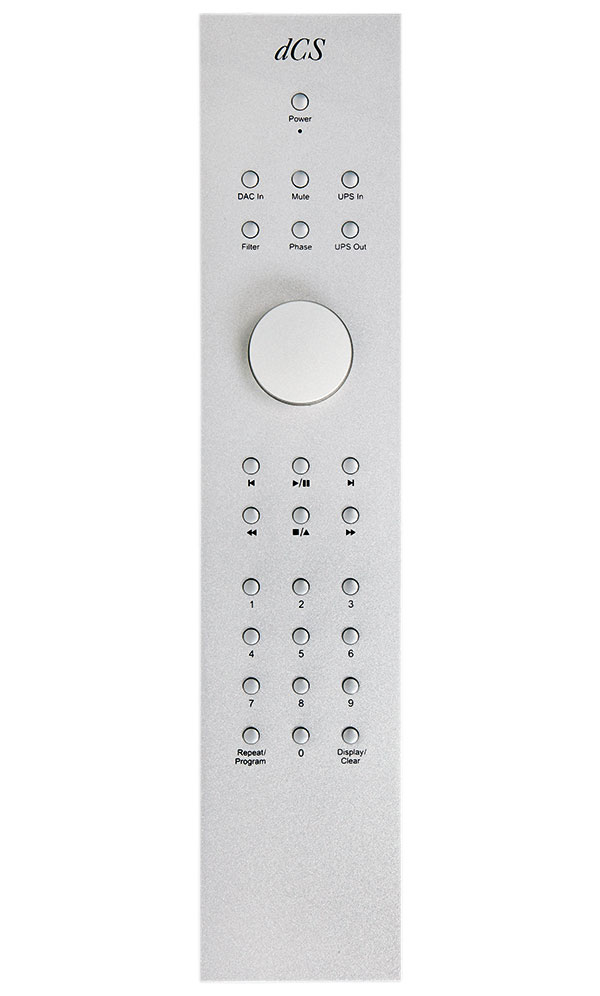
The Clash's 'London Calling', opening the British band's Hits Back compilation [Epic 88725442362], both slammed hard and sounded wide open, raw and anthemic. Even the considered mayhem of The KLF's 'America: What Time Is Love?' [KLF Communications KLF USA 4CD] found the Vivaldi APEX DAC able to dig deep into a 30-year-old recording that's almost the definition of dense, unearthing detail while keeping all nine minutes of the track charging along in unstoppable, screaming fashion.
New Lease Of Life
So yes, there is more refinement here, and for those who like their existing Vivaldi products, the new Ring DAC APEX technology will offer even more of what they appreciate. But more to the point is that, in opening up all sorts of aspects of the technology's performance, dCS appears to have given new life to what was always a very technically accomplished design. And that sheer added enjoyment may just overshadow all the other gains.
Hi-Fi News Verdict
Whatever your impression of dCS's earlier Ring DAC, in this latest APEX implementation it's rediscovered a sense of fun, making the new Vivaldi not just a highly accomplished piece of high-end hi-fi, but an absolute pleasure to listen to. Calling it APEX may seem ambitious – and perhaps leaves the designers nowhere to go next? – but on this showing the Vivaldi APEX DAC has certainly hit peak performance.
